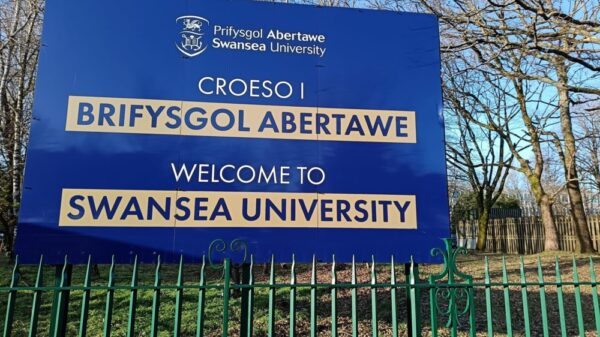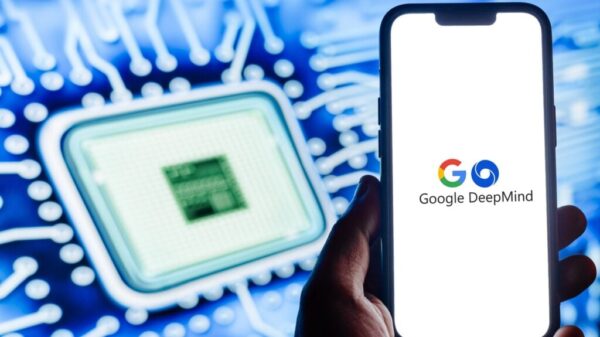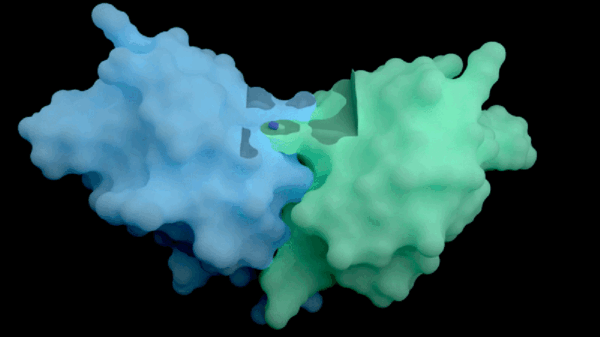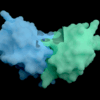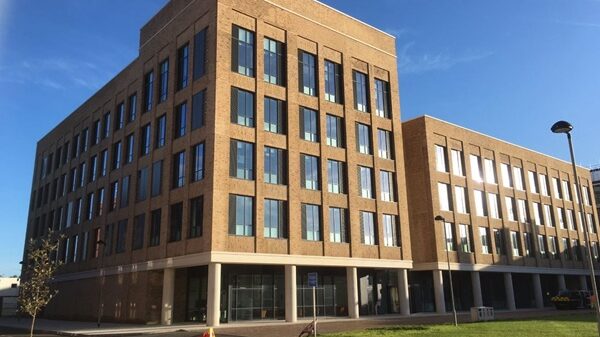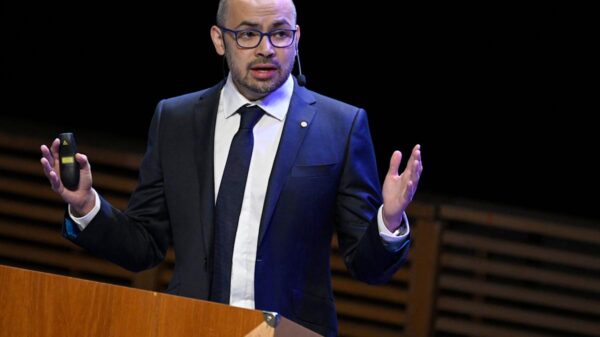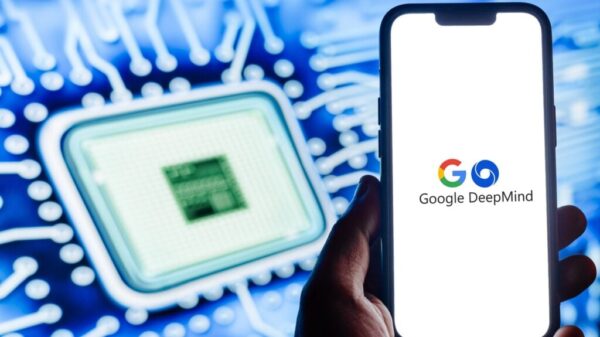In a significant move to advance its robotics initiatives, Google DeepMind has appointed Aaron Saunders, the former Chief Technology Officer of Boston Dynamics, as part of its strategy to address the challenges facing robotics today. Despite rapid advancements in artificial intelligence (AI), the realm of robotics has seen comparatively slower progress. As recently as 2021, DeepMind’s robotics chief remarked that the field was lagging behind other areas of AI by nearly a decade.
This discrepancy stems, in part, from data limitations. For instance, an AI model designed to play chess can access millions of games for training. Robots also benefit from simulations, yet the “sim-to-real” training approach often falters when transitioning from virtual environments to real-world applications. Consequently, robots are still struggling to perform even basic household tasks consistently.
Demis Hassabis, the co-founder and CEO of DeepMind, aims to change this trajectory. He has expressed confidence that AI-driven robotics will experience a breakthrough in the coming years. DeepMind’s advanced multimodal model, known as Gemini, is envisioned as a potential operating system for future robotic endeavors. This ambition aligns with the extensive experience of Saunders, whose previous organization developed some of the most sophisticated legged robots before its acquisition by Google in 2013 and sale in 2017.
In a statement to WIRED, Hassabis predicted that “AI-powered robotics is going to have its breakthrough moment in the next couple of years.” This optimism is echoed by the booming robotics sector in China, where the industry has seen an almost 30% year-on-year revenue increase. According to Caixin, a Chinese business-focused magazine, companies in China have produced around 14 million robots in just the first nine months of 2025.
As DeepMind gears up for this pivotal phase in robotics, the implications for both the Western and Chinese markets are profound. The strategic hiring of Saunders not only marks a commitment to robotics but also highlights the competitive landscape in which AI and robotics are rapidly evolving. While DeepMind seeks to leverage its cutting-edge AI models, the challenge remains to translate this technological prowess into functioning robotics that can seamlessly integrate into everyday life.
In conclusion, the intersection of AI and robotics is entering a critical stage, with DeepMind positioning itself as a key player. As developments unfold, the global AI community will be closely watching how these advancements impact both the technology itself and the practical applications that follow.
See also Anthropic Reveals AI Misalignment Risks Linked to Reward Hacking in New Study
Anthropic Reveals AI Misalignment Risks Linked to Reward Hacking in New Study ServiceNow Partners with Microsoft to Elevate AI Governance, Targeting $20.3B Revenue by 2028
ServiceNow Partners with Microsoft to Elevate AI Governance, Targeting $20.3B Revenue by 2028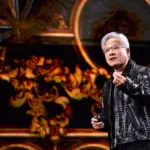 Nvidia’s Jensen Huang Donates $5M to San Francisco Opera, Boosts Arts with ‘The Monkey King’ Premiere
Nvidia’s Jensen Huang Donates $5M to San Francisco Opera, Boosts Arts with ‘The Monkey King’ Premiere Google Extends Free Year of AI Pro for US College Students Until 2027 with Gemini 3 Pro
Google Extends Free Year of AI Pro for US College Students Until 2027 with Gemini 3 Pro Brookfield’s BAM Stock Soars on $100B AI Infrastructure Fund with NVIDIA, KIA Partnership
Brookfield’s BAM Stock Soars on $100B AI Infrastructure Fund with NVIDIA, KIA Partnership






















































